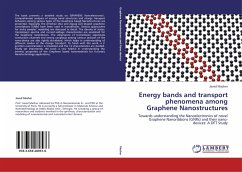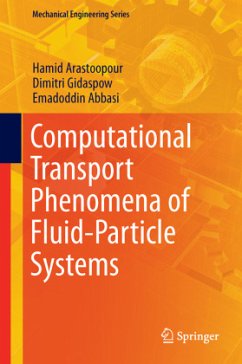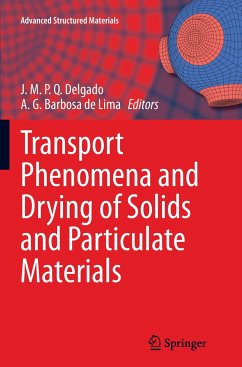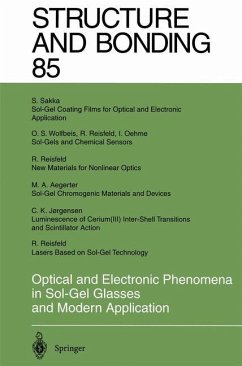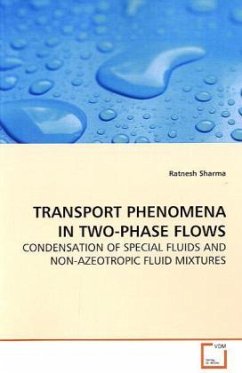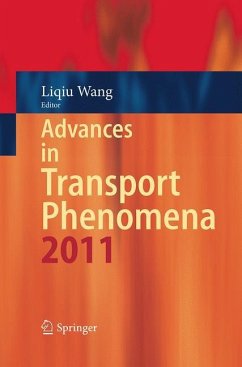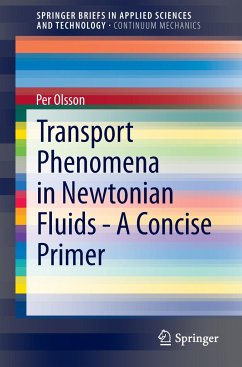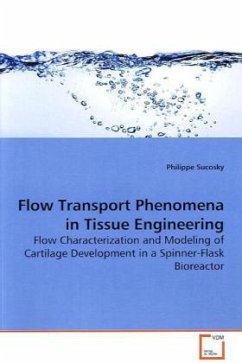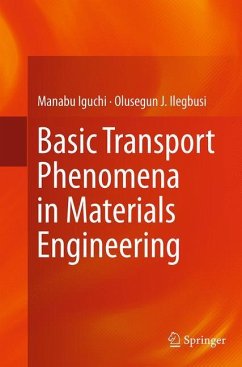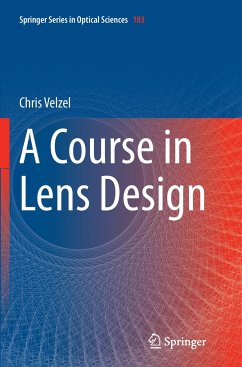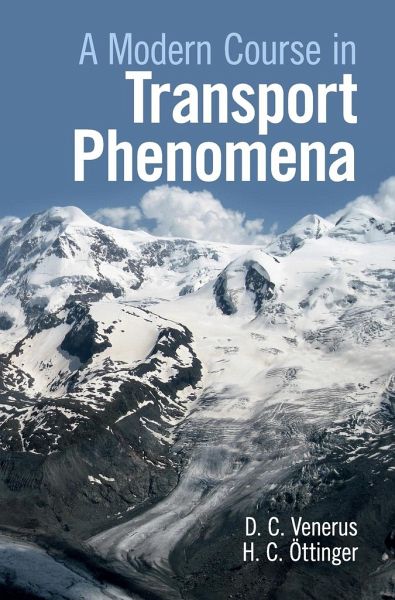
A Modern Course in Transport Phenomena

PAYBACK Punkte
38 °P sammeln!
This advanced text presents a unique approach to studying transport phenomena. Bringing together concepts from both chemical engineering and physics, it makes extensive use of nonequilibrium thermodynamics, discusses kinetic theory, and sets out the tools needed to describe the physics of interfaces and boundaries. More traditional topics such as diffusive and convective transport of momentum, energy and mass are also covered. This is an ideal text for advanced courses in transport phenomena, and for researchers looking to expand their knowledge of the subject. The book also includes: - Novel ...
This advanced text presents a unique approach to studying transport phenomena. Bringing together concepts from both chemical engineering and physics, it makes extensive use of nonequilibrium thermodynamics, discusses kinetic theory, and sets out the tools needed to describe the physics of interfaces and boundaries. More traditional topics such as diffusive and convective transport of momentum, energy and mass are also covered. This is an ideal text for advanced courses in transport phenomena, and for researchers looking to expand their knowledge of the subject. The book also includes: - Novel applications such as complex fluids, transport at interfaces and biological systems, - Approximately 250 exercises with solutions (included separately) designed to enhance understanding and reinforce key concepts, - End-of-chapter summaries.




